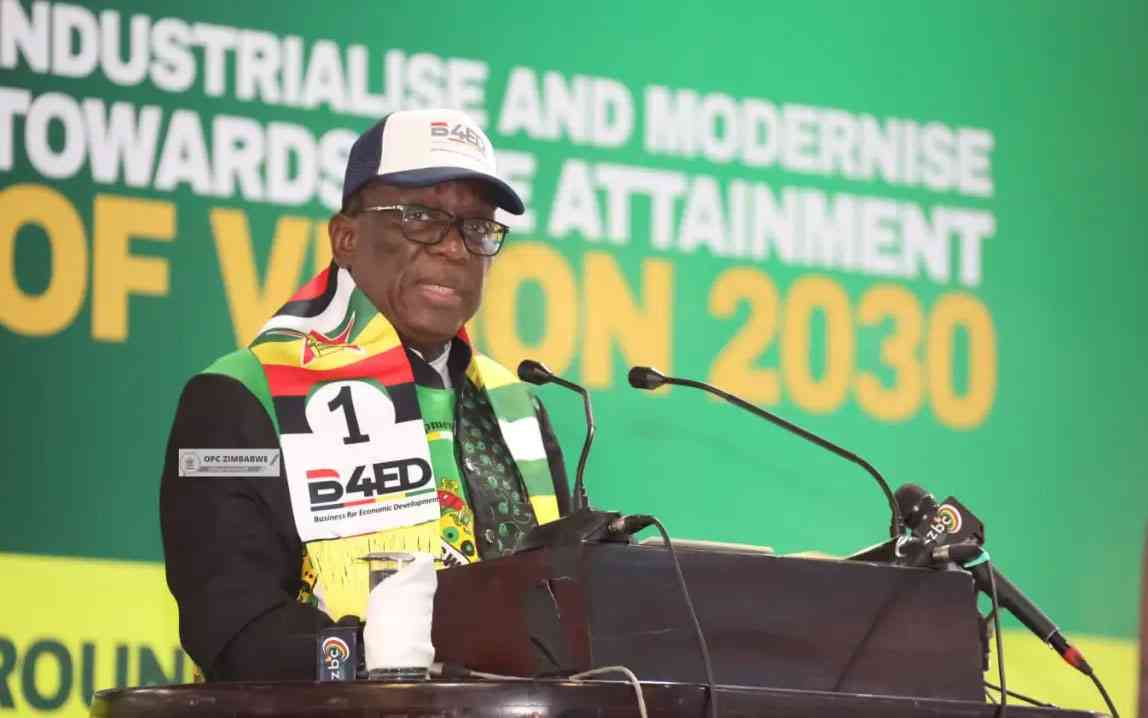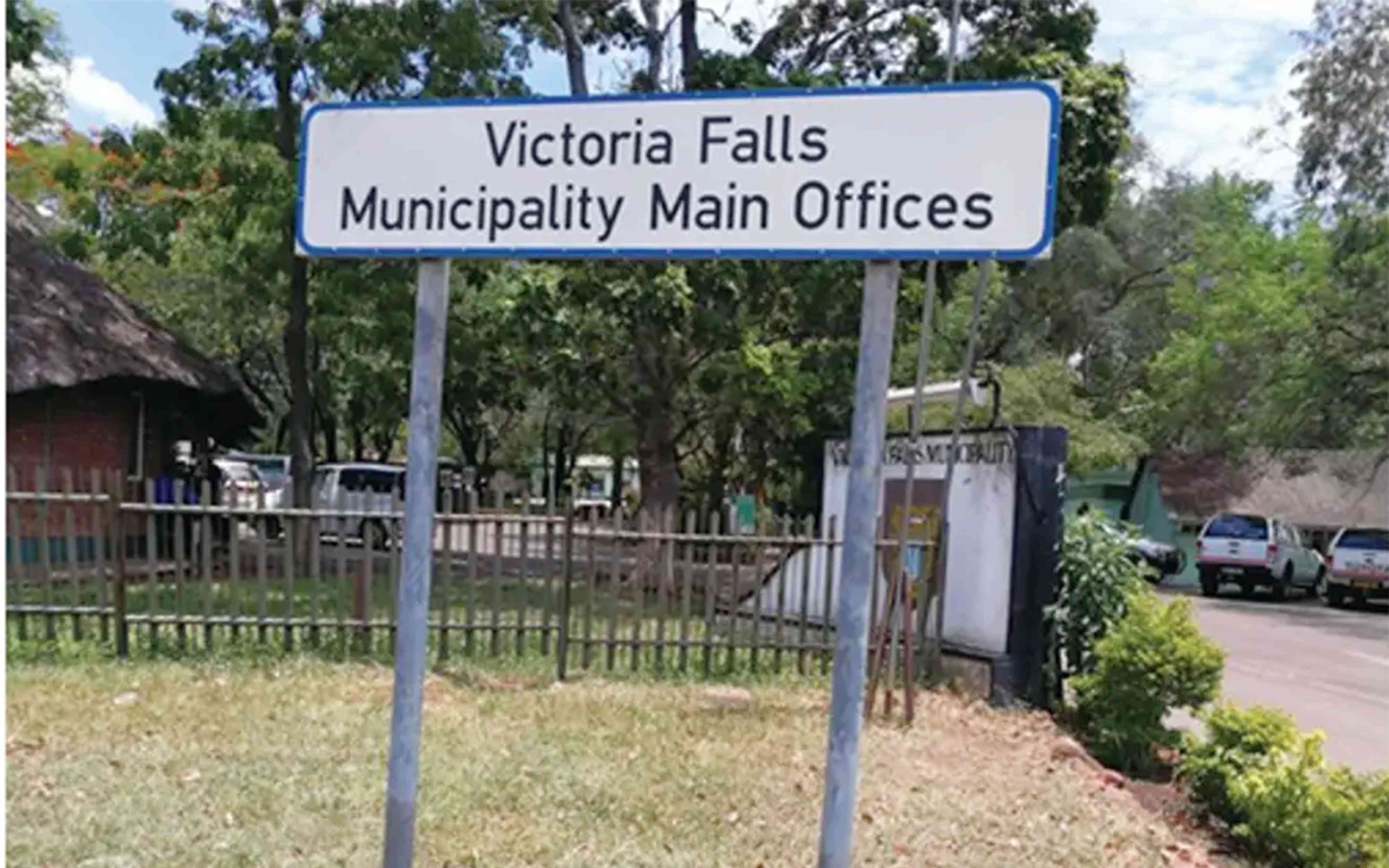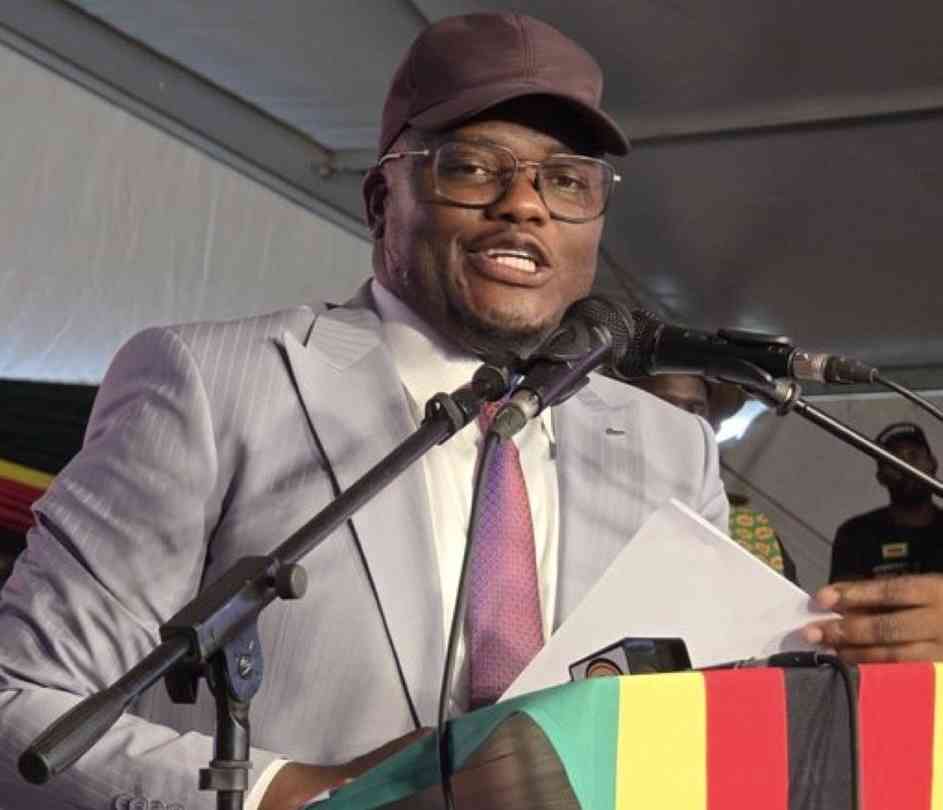
President Emmerson Mnangagwa's recent remarks about transitioning Zimbabwe to a mono-currency regime with the Zimbabwe Gold (ZiG) as the sole legal tender before 2030 have sparked uncertainty in the sector.
Banks have adopted a cautious approach to long-term lending, according to sources in the sector.
The confusion arises as the government in October 2023 gazetted Statutory Instrument (SI) 218 of 2023, which extended the use of the multiple-currency system to December 2030 — putting to rest the anxiety by businesses and potential investor.
However, during a recent factory tour in Mutare, Mnangagwa hinted that if ZiG maintains stability, dollarisation may end before 2030.
“In two years, in fact two years is too far off, but there will come a time when our ZiG currency has fully penetrated the market, then I will give a directive that the country will be using the ZiG only,” Mnangagwa said.
This has led some banks to adopt a wait-and-see attitude, trying to determine whether the President’s comments were a policy statement or merely political rhetoric.
“There are political statements and there are policy statements; what I was hearing is that it was a political statement,” a top industrialist, who asked not to be named, said.
“I think what the President was saying is the goals for 2030 might happen earlier, not necessarily saying this is what was going to happen.
- Mr President, you missed the opportunity to be the veritable voice of conscience
- ED to commission new-look border post
- Zanu PF ready for congress
- EU slams Zim over delayed reforms
Keep Reading
“What banks have been trying to do is establish certainty in what is going to happen next.
“So, they have not gone to anyone to say we are not lending but they are not doing anything. They are waiting for clarity; they are trying to understand whether this is a policy or a political statement, and establish a level of comfort before they continue with long-term lending.
“It will be harmless to continue until 2030 with a stable local currency in a multi-currency environment. What authorities should be uncomfortable with is when the US dollar begins to affect the stability of the ZiG,” the industrialist said.
Another top business leader weighed in saying: “In terms of companies applying for forex to import, they are not getting (it). They are getting much less than what they need.”
He also noted that given the depth of the challenges facing the economy and the time they have been in the market, the Reserve Bank of Zimbabwe (RBZ) should be given more time to address liquidity challenges.
A top banker, who preferred anonymity, denied that banks were taking positions against long-term lending due to the guarantee of multi-currency usage in SI 218 of 2023.
However, the banker admitted that the United States dollar had become increasingly scarce.
“Banks have not stopped lending. The multi-currency policy is legislated until 2030. It is not true that banks are not doing long-term lending. The particular bank may not be lending due to other constraints. The US dollars are a limited resource,” the banker said.
Another top business leader said many companies had been struggling to access loans for a long time.
“Regarding the President’s remarks about de-dollarising by 2028, this, in my view, has to be taken in the context of the well-articulated and publicised plan by the government to end the country’s reliance on the USD and establish the ZiG as the sole local transacting currency,” the business leader said.
“Accordingly, we still stand guided by the Statutory Instrument 218 of 2023, being aware that the government’s aim is to achieve the mono-currency position before December 31, 2030.
“The challenges of accessing long-term funding cannot be solely attributed to the President's remarks. Access to finance, more so, long-term funding has been a perennial problem.
“What would help resolve this challenge would include policy consistency and predictability, among other factors. As such, pronouncements that are in line with policy would not be expected to cause market shocks of grave significance.”










